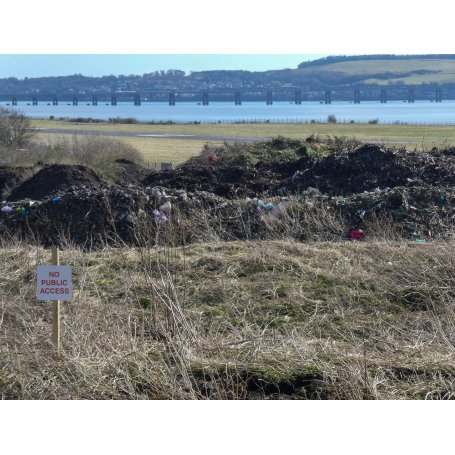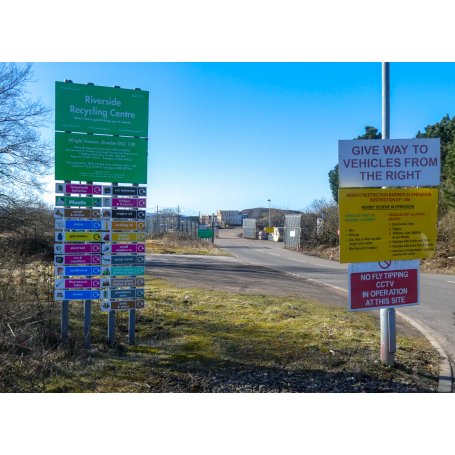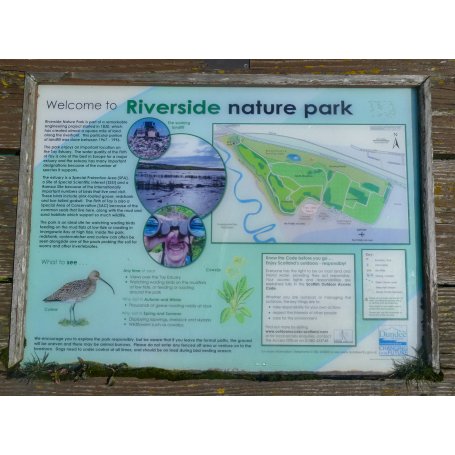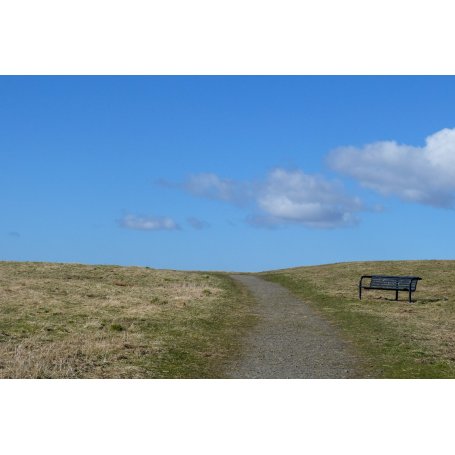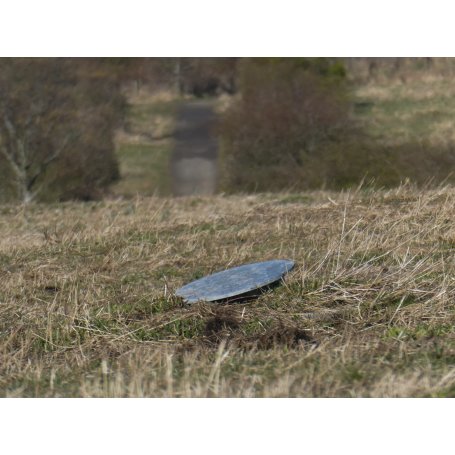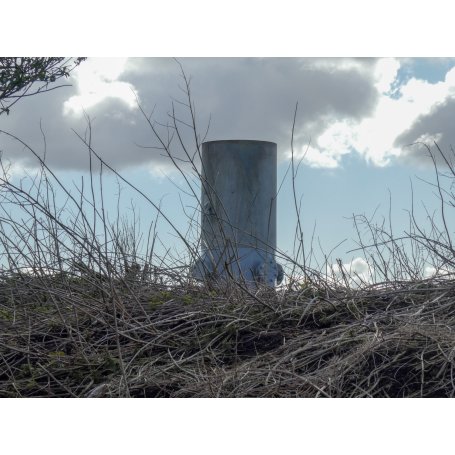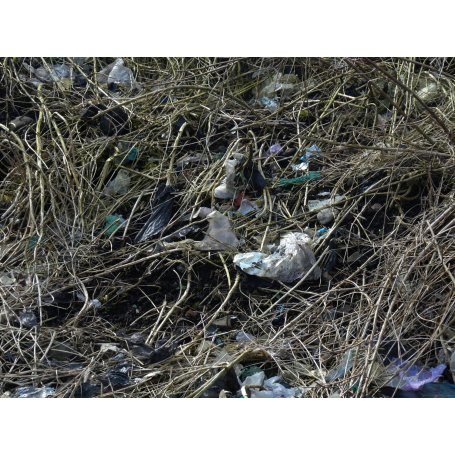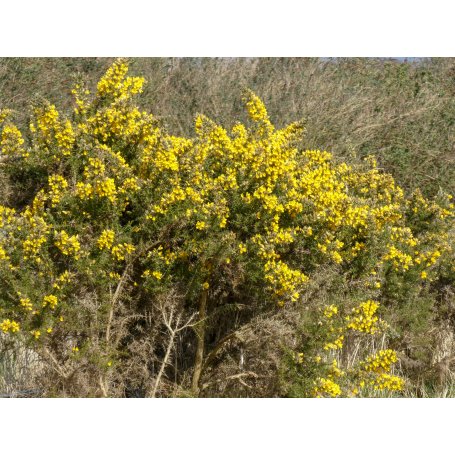Last month as the UK slowly went into its own type of lockdown mode, I used the remaining freedom of exercising outdoors and brought my kids to cycle towards the Riverside Nature Park:
Riverside Nature Park has been created from Dundee's old landfill site. Trees and wildflowers have been planted to form new wildlife habitats. Visitors will find new paths, view points and information signs to help explore the park.
The night before that I was reflecting upon the ambiguity I felt about cultures of reuse: as the effects of COVID-19 in society went further, would people stop relying on second-hand products and repair services for fear of contamination? Or would conversely the socio-economical situation require us to spend an extra effort precisely in reuse, repair, maintenance? As I wrote somewhere else already: an interesting aspect for my research would be to focus on technologies, methodologies and procedures, protocols, which allow the reuse of materials whilst reducing the risk of contamination.
It was against that background that I arrived at the park, not sure what to expect from it. There still are some waste management facilities in the vicinity: a collection point for recyclables and more. I had already heard of this kind of transformation on top of obsolete landfills, but being there to experience the idea of neutralization felt even more relevant at this moment. The park is growing slowly - the week before there was a tree planting event scheduled, which I can't tell even took place in the end. There were people working that day, and the occasional visitor.
Being there reminded me of Teufelsberg, the highest hill in Berlin built on top of debris from the second world war - a place I still want to visit. I thought also of the waste management facility I've been to while in Lüneburg, some years ago. And naturally, I couldn't help thinking of Ubatuba and its old landfill being poorly transformed into a transfer station and where my dear friends of the recycling coop work hard against all odds. The term that came to mind was regeneration. It is a recurrent concept among the circular economy discussions. I felt it stronger now in as I visited the Riverside park while thinking of my research and COVID-19.
Even if a lot of people seem to be watching old movies about widespread pandemics, I felt more inclined to recall more pessimistic accounts, of what happens after the point of no return. After the catastrophe, what have we got left? Additionally, what is the space for regeneration afterwards? Mind, I'm not thinking restoration - moving back in time to a previous functional state - but instead on how to embrace the idea of generating worlds anew.
Ambitious, heh? Well, blame the virus.
